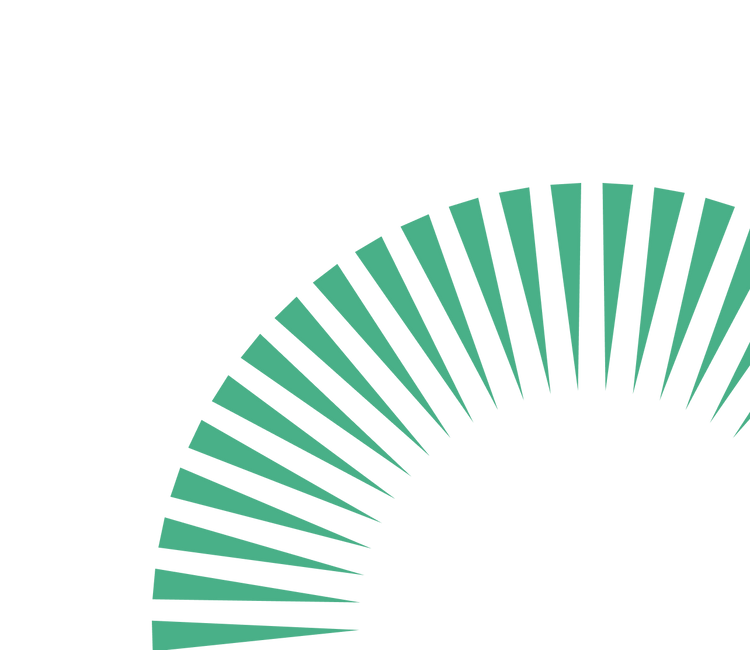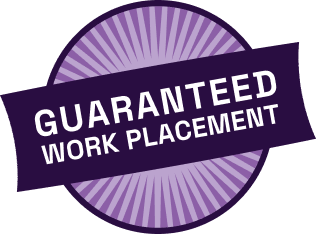Counsellor
Counselling is a fulfilling profession dedicated to helping individuals navigate life's challenges, improve their mental health, and achieve personal growth. Counsellors work in various settings, including schools, hospitals, and private practices, providing essential support through therapy and guidance. This profession offers diverse career paths and the opportunity to make a meaningful difference in people's lives.
If you're passionate about helping others and want to embark on a rewarding career as a Counsellor, take the first step today by exploring educational programs and training opportunities!
Explore your career as an:
Gender Split
Employment by State
Highest Level of education (%)
Age Brackets
*The information on this page is sourced from the Jobs and Skills Australia website, based on their occupational data collected in May 2024. Where job titles may not be exact matches, related job areas have been used. This data is intended as a guide only.
How to become a Counsellor?
To become a Counsellor, you typically need to complete a relevant degree in psychology, social work, or counselling, followed by practical experience or internships. Online courses offer flexible learning options that can help you acquire essential skills and knowledge, making it easier to enter the profession. Pursuing these educational pathways prepares you for a rewarding career in helping individuals navigate their challenges and improve their well-being.









